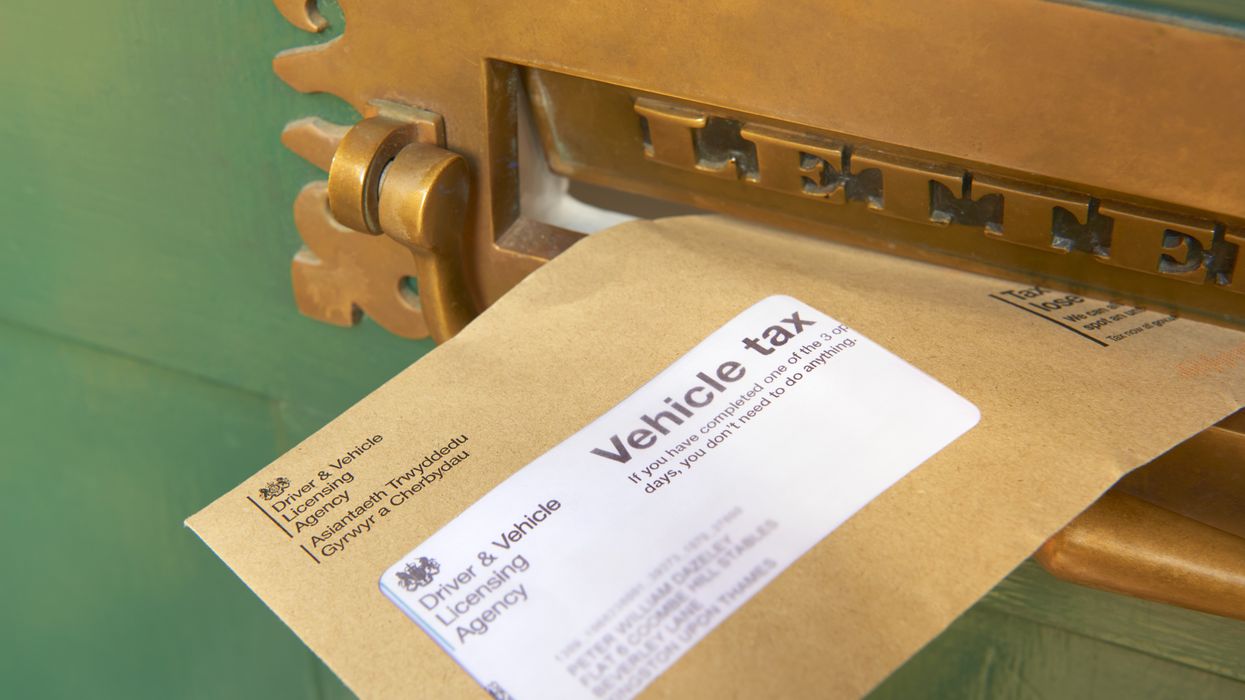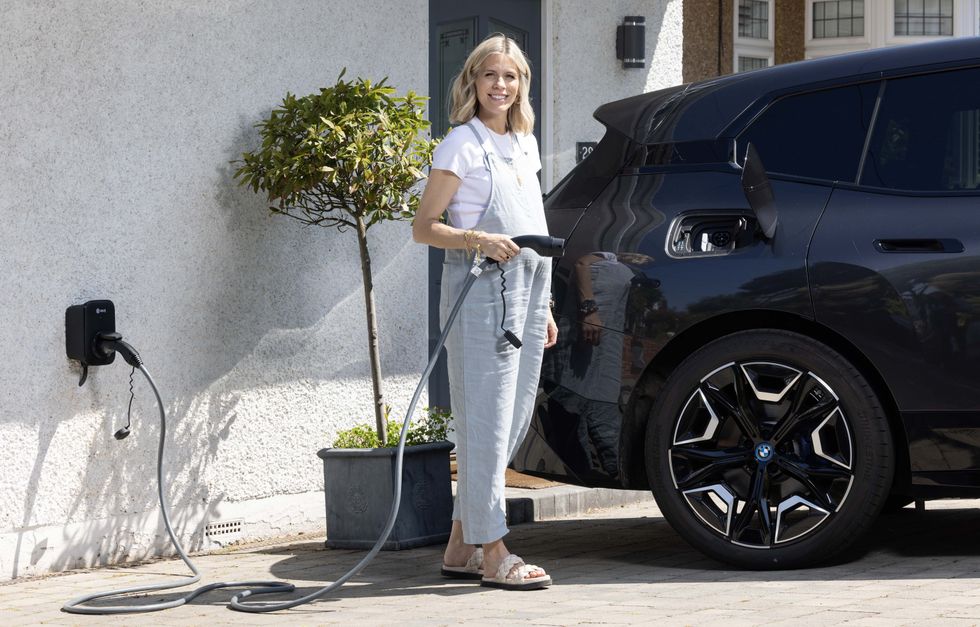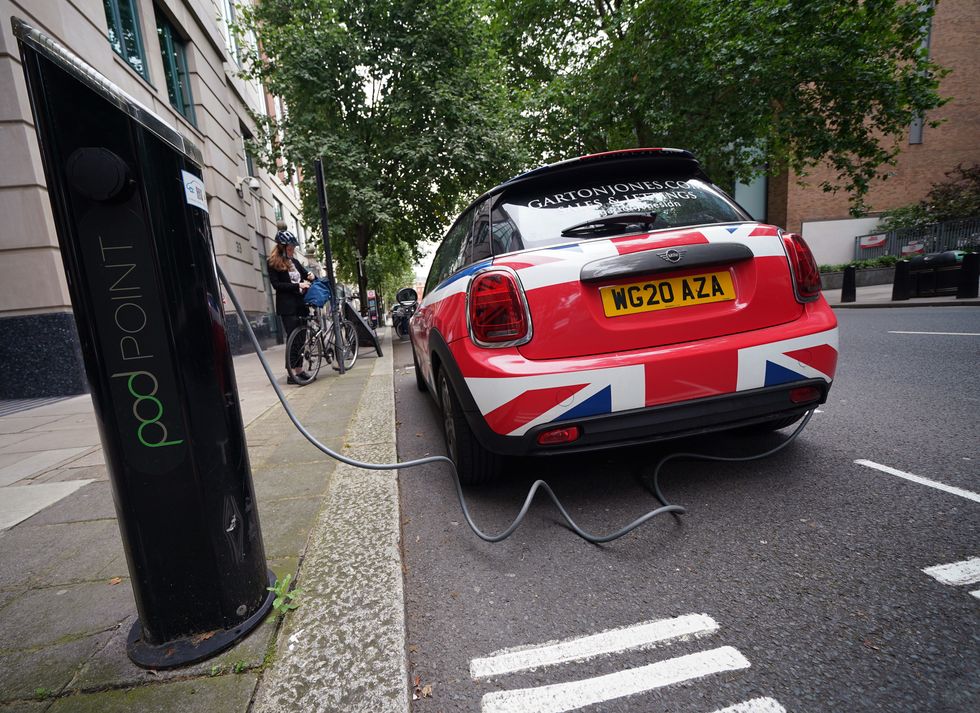Car tax changes could be scrapped as it 'just creates another barrier' for millions of British drivers

The so-called pavement tax sees EV owners pay more VAT when charging in public
| GETTY
There are believed to be more than 700,000 home and workplace chargers around the UK
Don't Miss
Most Read
Latest
Motoring experts are calling on the Government to introduce major tax changes to help vehicle owners benefit from cheaper prices.
With more electric vehicles on the road, a growing number of drivers require charging infrastructure across the country to improve and expand.
So far, there are more than 62,500 public chargers across the UK as private businesses and the Government look to rapidly expand the number of devices, with a goal of 300,000 by the end of the decade.
To deal with existing fears around public charging, experts are demanding that Labour and the Conservatives commit to cutting the so-called "pavement tax" when the new Government is introduced next month.
Do you have a story you'd like to share? Get in touch by emailing motoring@gbnews.uk

Experts are continuing to call on the Government to cut VAT rates of public chargers to match home chargers
| PAThis is in relation to the additional VAT paid by drivers using a public charger, which is levied at a rate of 20 per cent, compared to those charging at home with a VAT rate of five per cent.
Cord, a leading electric vehicle charger company, said the pavement tax cut was needed to equalise the VAT rate and make charging affordable and accessible for all electric vehicle owners.
While the public EV charging network is growing, it is dwarfed by the estimated number of home and workplace chargers, estimated to be around 700,000 by Zapmap.
Paul Tomlinson, CEO of Cord, said: "It makes sense that as an industry we should be campaigning for more tax incentives in the private market.
"However, we are concerned that we’ve picked the wrong battle with the ‘pavement tax’ and it is just creating another barrier to making EV ownership affordable.”
He added that VAT was a considerable part of the reason why public charging is at least three times as expensive as those who can charge at home.
Electric vehicle owners have been urged to make use of EV-friendly tariffs, which offer low prices to people looking to charge their cars overnight, often paying only a few pounds to charge.
Experts have suggested that several factors, headlined by expensive public charging prices, will lead to a slower rate of uptake among British drivers.
Tomlinson also highlighted the issues with drivers not being able to install chargers at their homes given the high rate of people renting rather than owning their homes.
Households without off-street parking are disproportionately more likely to need to use public chargers, thus increasing their costs, although there is a growing move towards installing community chargers.
A legislated "right to install" could quash issues with people needing permission to put chargers in the ground, with the Government not being required to pay anything extra.
Tomlinson concluded: "Taking VAT off the cost of home chargers or EVs themselves would make that ‘upfront cost’ of getting an EV far more affordable to British households.
LATEST DEVELOPMENTS:
- Jeremy Clarkson exposes one 'relentless' issue with new hybrid Volvo - 'I did raise an eyebrow'
- Electric vehicle charging changes to see prices plummet for drivers in Europe but Britons will miss out
- M3 traffic: Drivers face long delays and congestion issues following huge vehicle fire on key motorway

There are calls for the new Government to introduce measures to slash VAT rates
| PA"We know that it is this upfront cost that is really holding people back from EVs, far more than the day-to-day costs of running them.”










